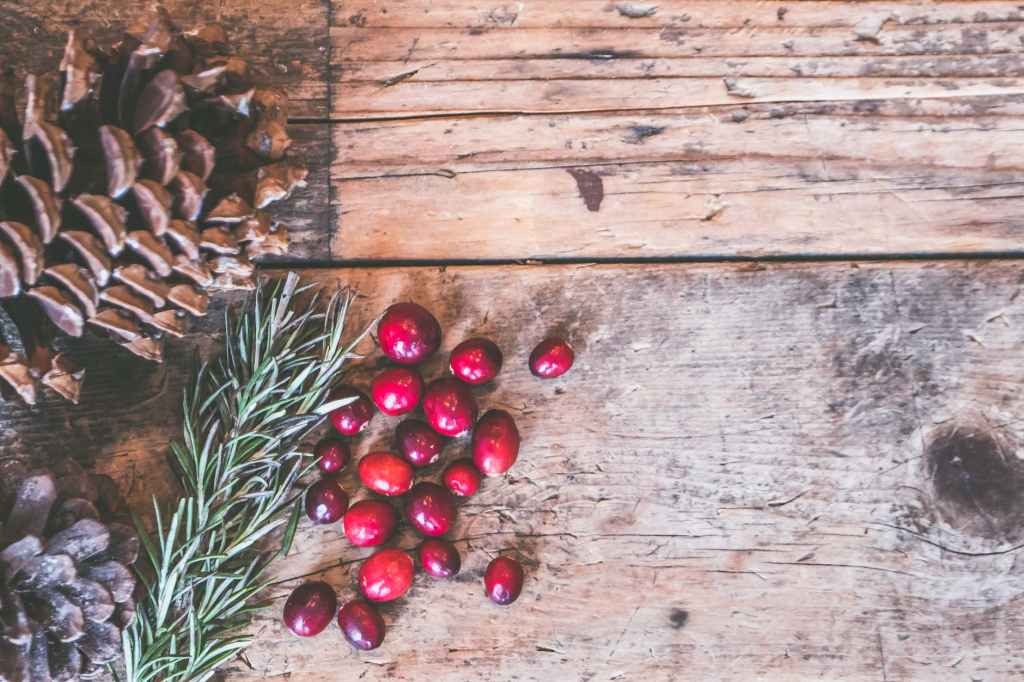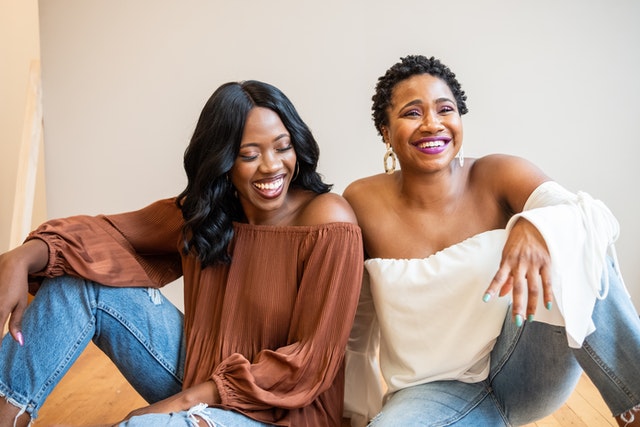The Seven Principles of Kwanzaa

Kwanzaa is celebrated from December 26 to January 1. It is a week-long, seven day program designed to celebrate the fruits of harvest. The Kwanzaa celebration began in the United States by Dr. Maulana Karenga in 1966. Today, in Canada, many people celebrate Kwanzaa as they highlight the accomplishments of the year, give homage to our ancestors and our journeys, and plan for the new year.
Kwanzaa
The word, Kwanzaa comes from the Swahili phrase “matunda ya kwanza” which means “first fruits”. The symbols of Kwanzaa include crops (Mzao)- is the reward for collective labour. The mat (mkeka)- foundation for self-actualization. The Candle holder (Kinara) is a reminder of the ancestral origins in one of the 55 African countries. The corn (muhindi)- signifies children and the hope invested in the younger children. The gifts (Zawadi) represent commitments of the parents for the children. The Unity cup (Kimbe cha Umoja) is used to pour libations to the ancestors. The candles (mishumaa saba) remind participants of the seven principles and are the colours of the African liberation movement.
The 7 Principles of Kwanzaa
- Umoja
- Unity. To strive for and maintain unity within your family, community, nation and race.
- Kujichagulia
- Self-determination. To strive to define, name, creating and speak for yourself.
- Ujima
- Collective work and responsibility. To build and maintain our community together and make our brother’s and sister’s problems our problems and to solve them together.
- Ujamaa
- Cooperative economics. Uplift your community economically. To build and maintain our own stores, shops and other businesses and to profit from them together.
- Nia
- Nia means purpose. To make our collective vocation the building and developing of our community in order to restore our people to their traditional greatness.
- Kuumba
- Creativity. To do always as much as we can, in the way we can to leave our community more beautiful and beneficial than we inherited it.
- Imani
- Faith. To believe with all our heart in ourselves, our community, our parents, our teachers, our leaders and the righteousness and victory of our struggle.
Embark on your own journey of self awareness
Whether you celebrate with friends and family, remotely, or in solo use this time to self -reflect, to give thanks, to create new year goals, and to explore ways of building community and self.
Exercise
In a book, journal, or one your table, think or mediate on these questions:
- What fruits do you enjoy due to your ancestors hard work and sacrifice?
- How can you build and support your community? List actions you wish to undertake.
- How can you encourage, support, or invest in your community’s businesses and economics?
- What is your purpose? How can you live your purpose every day?
- How do you express yourself? How can you use your creativity to build and grow yourself and your community?
- Describe what faith means to you? How can you live a faith-filled life and give back to your community?
Recent Posts
Holistic Teaching
Holistic teaching and healing incorporates a healing approach that includes all aspects of the self: the mind, the body, and the spirit. Each of these…

Adopt a Family Program
The Adopt a Family program was a new initiative started by Kujenga to support families in need during the Holiday season. The program closed with…

Supporting Women’s Health
Kujenga showcases community members such as, Mommy Monitor is a podcast featuring Cecile Edwards and Womxn of Color Remake Wellness.

